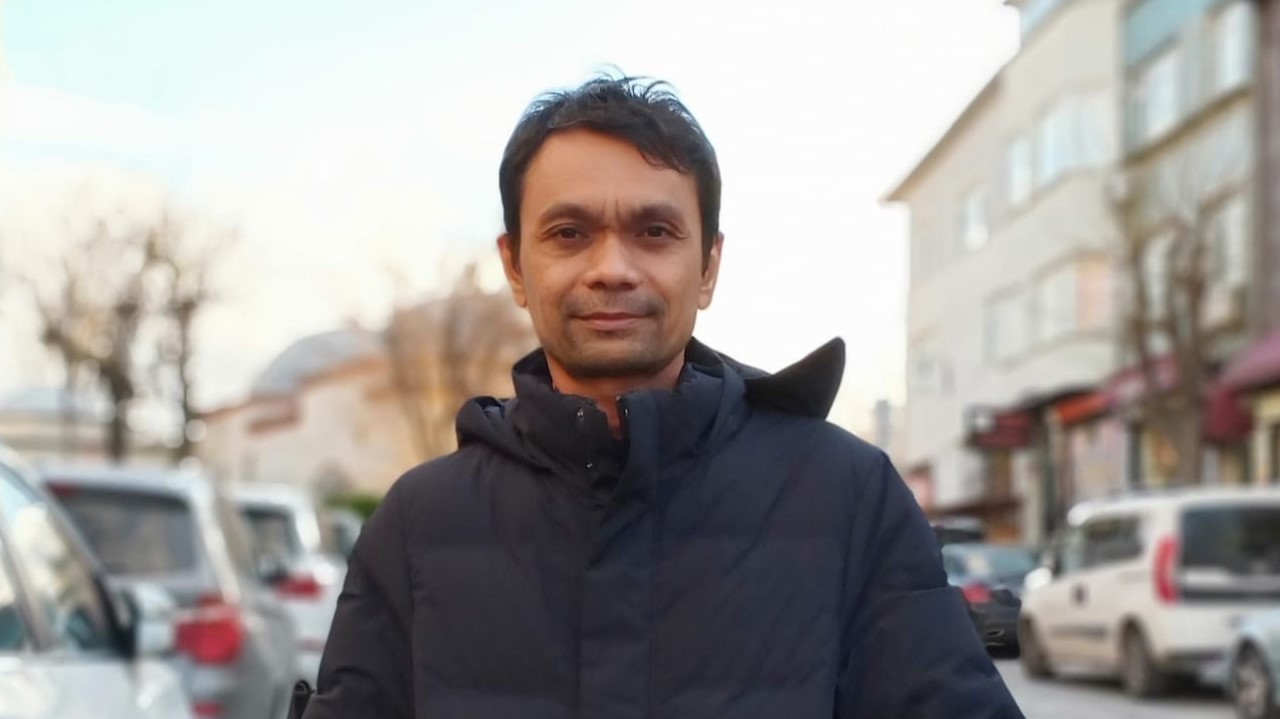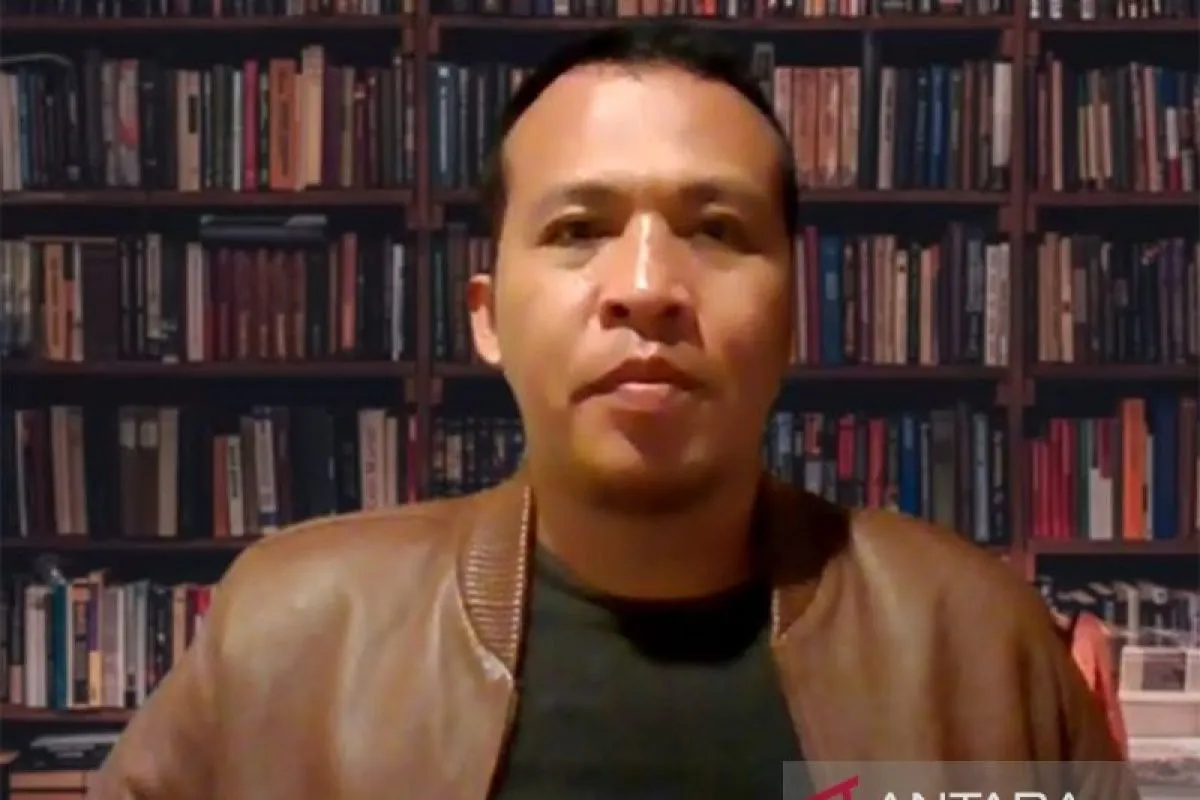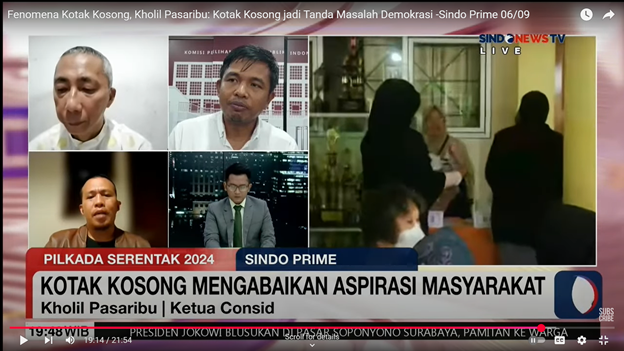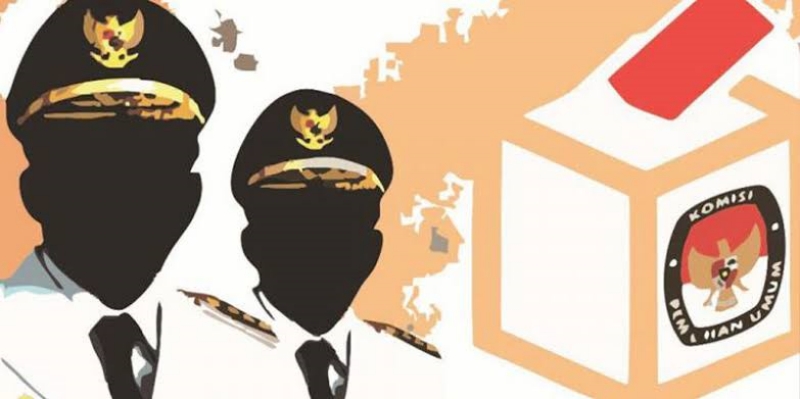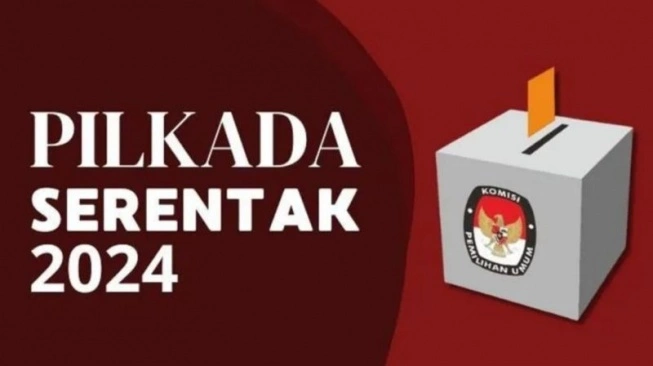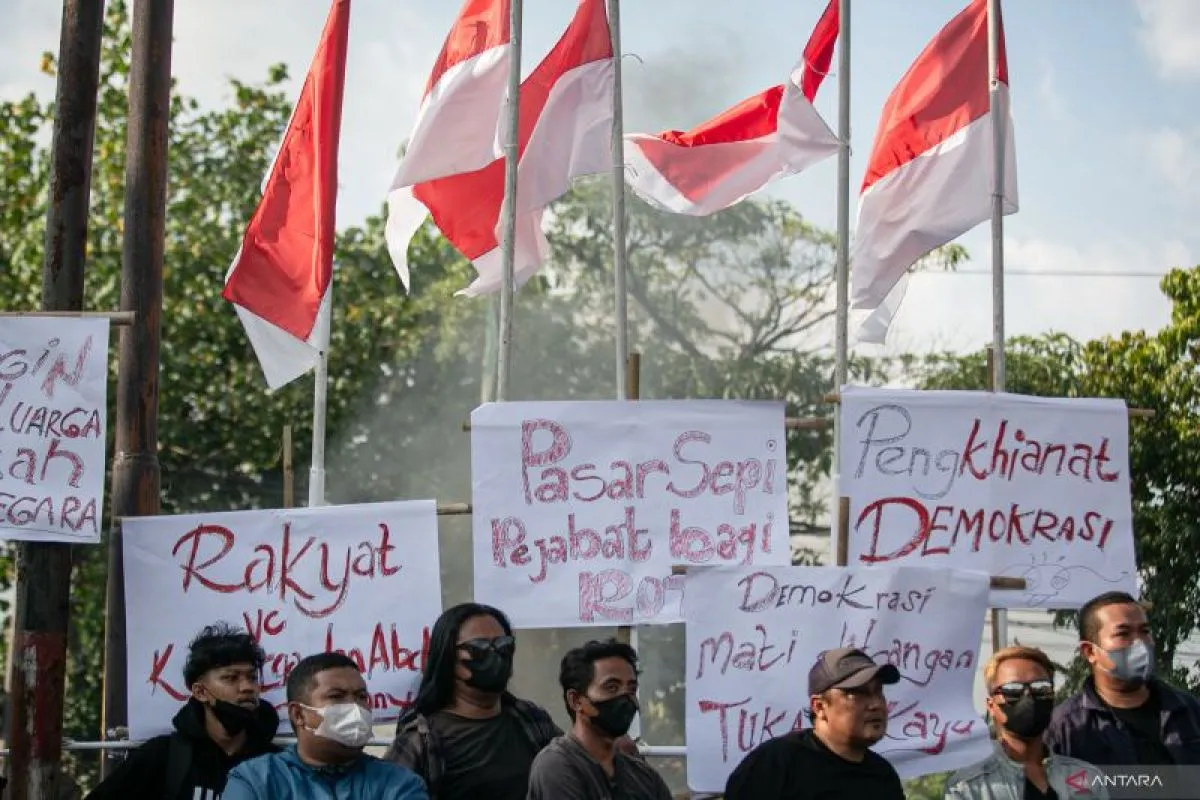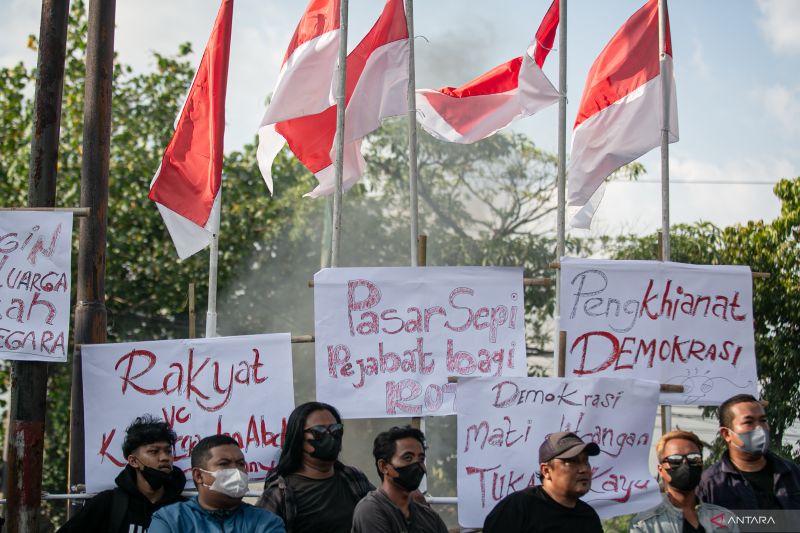
As of the closing of the local head candidate registration period on 29 August 2024, a total of 43 out of 545 local electoral regions (7.89%) are set to run with single-candidate races. Of these, one is at the gubernatorial level (West Papua Province), with the rest spread across mayoral and regency-level elections.
Comparatively, in the previous simultaneous local elections held between 2017 and 2020, covering the same number of regions, the number of single-candidate contests stood at 50 (9.17%). This indicates a decrease of 1.28% in the proportion of uncontested races in the 2024 elections.
This decline should be regarded as a positive and encouraging development. The fewer the regions with single-candidate races, the healthier it is for democracy and the better it is for citizens, whose constitutional right to choose from a range of leadership alternatives is thus more fully realised. After all, it is the local residents who will experience the impact of the elected leadership for at least the next five years.
Is this decline influenced by the Constitutional Court’s Decision No. 60/PUU-XXII/2024, which shifted the nomination threshold from parliamentary seats to a vote-share basis derived from the most recent voter list? It must be acknowledged that the Court’s decision has had some influence on the candidate landscape. In areas such as Banten Province or South Tangerang City, previously projected to have only one candidate, the situation has changed. However, the impact of the ruling has yet to be broadly felt nationwide.
At least two key factors explain this limited effect. First,the short interval between the Constitutional Court’s decision and the opening of candidate registration, during which most party coalitions had already been formed and consolidated. Second,the increasing trend of political parties, particularly those with seats in the House of Representatives (DPR RI), to resist or outright ignore the Court’s ruling. This resistance was evidenced by a failed attempt to swiftly amend the Local Elections Law (RUU Pilkada), which was met with strong public opposition.
The disregard and defiance shown by political parties is anomalous—given that the Constitutional Court’s decision actually benefits them by easing the nomination threshold. There is no logical reason for such resistance except that parties have become deeply entangled in cartel-like political practices. Party elites have sacrificed the autonomy and sovereignty of their organisations for the sake of short-term pragmatism.
Uncontested races often promise an all-but-certain victory. Coalition parties and their candidates are spared the high costs of competition, while reaping political and economic benefits. Amidst the growing influence of political pragmatism among party elites, single-candidate races offer the most profitable path.
Looking forward, this trend cannot be normalised or left unaddressed. Though single-candidate races are legally permissible and constitutionally valid, they are not a constructive way to honour the sovereignty of the people or foster a healthy democracy. To prevent political parties from favouring such outcomes, reforms must be undertaken. First,the Local Elections Law (UU Pilkada) must introduce a maximum vote-share threshold for nominating candidates, in addition to the existing minimum threshold established by Constitutional Court Decision No. 60. This would prevent excessive accumulation of parties in a single nominating coalition.
Second,in line with the above, sanctions should be imposed on parties or coalitions that meet the nomination threshold but fail to put forward a candidate. This mirrors provisions already in place for presidential elections. Third,political finance must be restructured so that the costs borne by candidates or party coalitions are more rational, transparent, and accountable.
Jakarta, September 1, 2024
Kholil Pasaribu
Chairperson, CONSID


